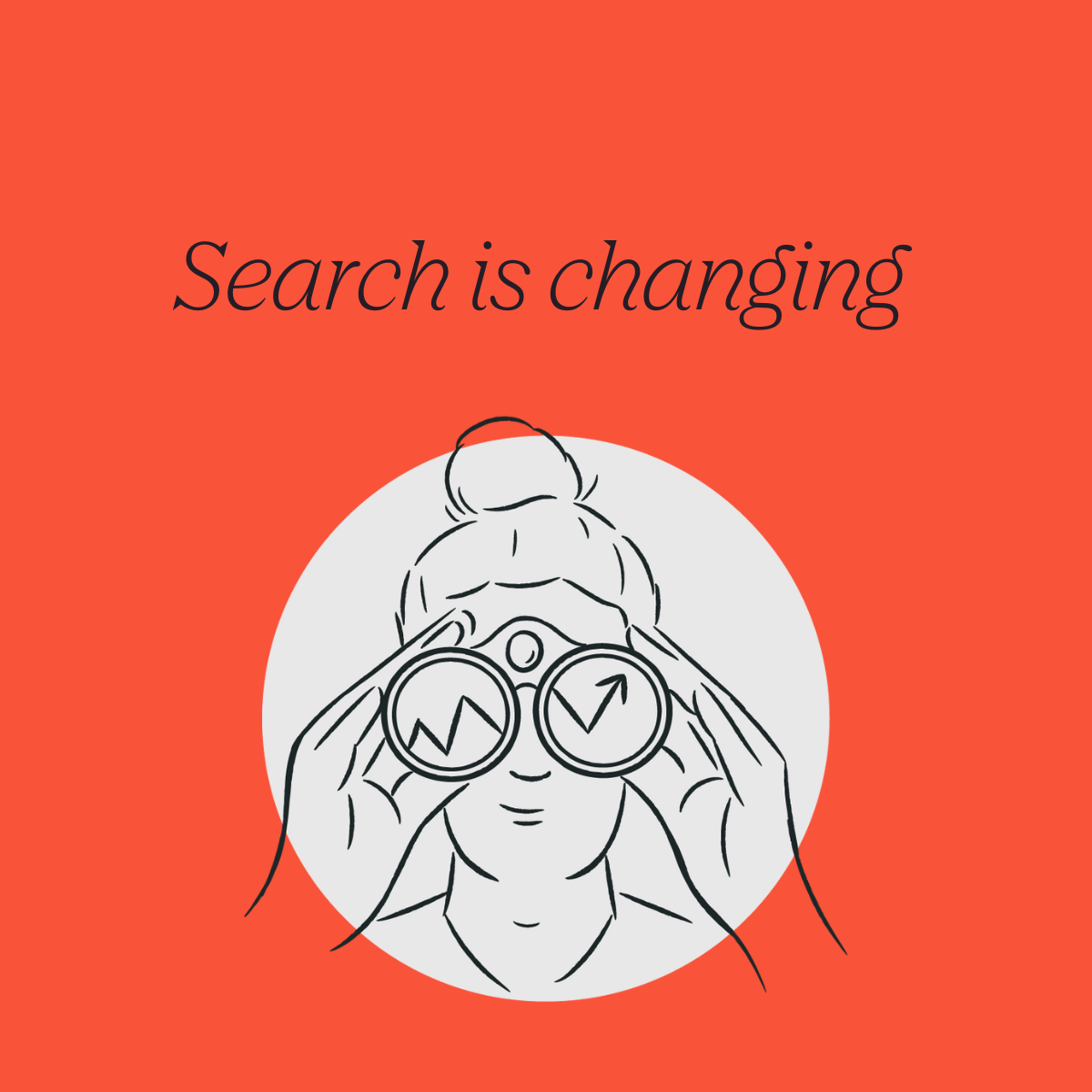How to write, structure and present content for search
Search engine optimisation (SEO) is a valuable way to help people discover your business. Potential clients in the built environment often start their journey online using a search engine to research services and suppliers. Being ranked highly in searches is a way to stand out amongst competitors and be positioned for the key qualities that resonate with your targets. The aim is to rank highly for the key search teams that match your business and services with the queries your customers are actually searching for.

It is worth remembering as you embark on your SEO journey that only a very small percentage of users will go beyond the first page of search results. An optimised website and ongoing search content strategy will work hard to ensure your website and its content can:
- Climb the rankings: Improve visibility for the search terms and phrases your clients are using
- Build awareness and authority: Consistent high-ranking content builds recognition and trust
- Drive qualified traffic: Attract visitors who are genuinely interested in your services
- Enhance technical performance: SEO-friendly sites are faster, more secure and user-friendly
How is AI changing search?
How we search for content is changing. The rise in the use of artificial intelligence (AI) large language models (LLM) like ChatGPT and Claude, are gaining traction. You may have spotted that AI answers from tools like ChatGPT, Perplexity, and Google AI Overviews are now included at the top of search results. This is where Generative Engine Optimisation (GEO) comes in, helping your content to appear and get cited in AI answers.
This is why how we write, structure and present content for search is evolving. This includes more emphasis on:
- Question-led content: Writing in the natural language people use when searching, and including more FAQs relevant to the industry topics and services being discussed
- E-E-A-T (Experience, Expertise, Authoritativeness, Trustworthiness): The E-E-A-T framework used by Google’s human reviewers to assess content quality is also prioritised by AI, with content needing to demonstrate genuine expertise and clear, verifiable knowledge
- Structured content for clarity: Using clear headings, short paragraphs and bullet points makes it easier for both search engines and AI models to interpret content and reference it in answers.
What remains the same in writing content for search optimisation?
No matter what, content must always be relevant and engaging. It should communicate value at both levels – for the readers and for search.
Quality content will always be welcome. This is one of the reasons why, as a built environment specialist communications consultancy, Holistic is well placed to ensure that content written for search will also appeal to your audience. Whether for investors and developers, architects and designers, professional consultants, contractors, associations and event organisers, PropTech firms, and start-ups, our team has the skill and expertise to create the right content for search that also reflects your business.
Understanding the audience intent and investing in things like keyword research and exploring data from Google’s People Also Ask (PAA) remains a cornerstone of good search. These tools not only help identify the terms and related search questions that your audience is actively seeking, but also often reveal unexpected phrases or questions they actually want to know the answers to. Unearthing these insights and staying curious about your audience and what they are asking or searching is always going to give you the competitive edge.
To understand more about how we can support you with SEO to increase visibility while communicating difference, contact us.
FAQS
- Is AI better than a search engine?
Not necessarily. Many now use both AI and search engines together, which is why it is important to reflect both in content created for search. - How can the built environment benefit from search?
Search helps potential clients discover your projects, services and expertise early in their research process, building awareness and trust before they even make contact. - What is the difference between SEO and GEO?
SEO (Search Engine Optimisation) helps your website rank higher in Google and other search results.
GEO (Generative Engine Optimisation) focuses on how your content appears in AI-generated answers from tools like ChatGPT or Google AI Overviews. - What is the difference between organic search and PPC?
Organic search refers to unpaid results that appear naturally through good SEO and quality content.
PPC (Pay-Per-Click) is paid advertising, where your website appears as a sponsored result for chosen keywords. Organic search builds long-term visibility, but takes longer to see results, while PPC delivers quicker, paid-for exposure.